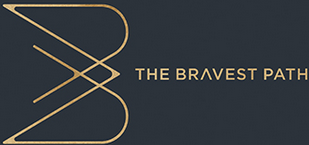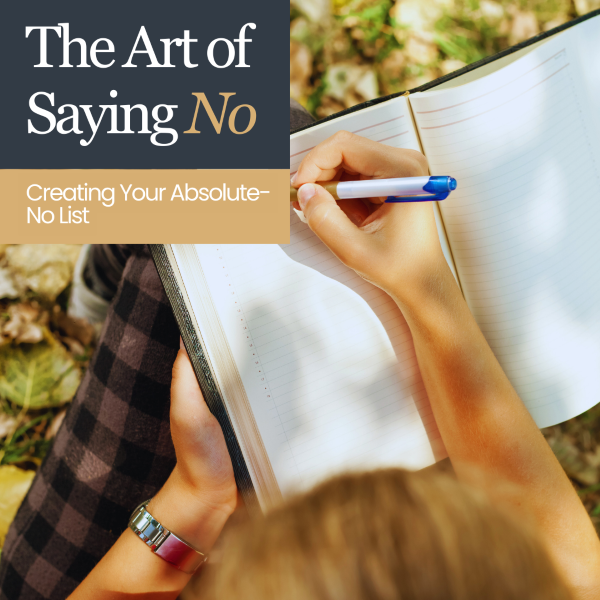The Art of Saying No: Creating Your Absolute-No List
Even though I spent years struggling to say no, I’ve managed to create an “absolute-no” list for myself. For example, an “absolute-no” for me is working on my birthday. This decision is deeply connected to my values—connection and quality time, both with others and myself. Having a clear understanding of this allows me to put things in place to honour these values, such as delegating to my team or shaping my role.
Values are an integral part of decision-making, but they can often be misunderstood. A value is an idea, belief, or philosophy that is important to you. While they can shift and change, it’s usually not in a radical way. My values of connection and growth have expanded to also include family, which in the past wasn’t as high a priority.
So, how do we arrive at our values?
A common practice is to start with a generic list of hundreds of values and narrow it down to a handful that resonate. I’ve often thought of this approach as an aspirational shopping list—there’s a difference between the values we think we should have and those that are truly congruent with who we are. To arrive at our true values, we have to ask deeper questions.
Just as knowing what we don’t want can lead us to what we do want (as discussed in our first article), it can be useful to think about what we find frustrating or unfulfilling in our interactions or experiences to discover what is most important to us. Spend some time reflecting on the things that drain your energy, lead to inner conflict, or situations where you notice resentment building.
This reflection helps to form the basis of our “absolute-no” list. For more inspiration and clarity, it can be helpful to share your list with others and brainstorm ideas. From here, you can develop strategies to do less of the things you don’t want to do, creating space for more of what you truly want, ultimately leading to a greater impact.
When you have your list of “absolute-no’s,” you can start to notice themes in your values. It also reveals what your clear yes’s are, providing you with more clarity about what you really want. Knowing our absolute yes’s can help us say no—just as it was easier for me to say no to working on my birthday because my absolute yes is to spend time with family and in my own company on that day. It helps provide the motivation and purpose behind the decision.
Sometimes, we might be tempted to go along with things because there isn’t a clear reason not to. The reason for saying “no” can be as simple as creating space. Other times, the reason might be to avoid feeling resentful or over committed.
Creating our “absolute-no” list often requires both a sense of creativity and self-worth - knowing we are worthy of saying no and are capable of finding alternative solutions. Most importantly, as we refine the list and practice the art of saying no, we gain more clarity about the things we truly value.
Bethan Davies, Managing Director of The Bravest Path, shares her personal insights on the power of saying no and offers strategies to help you embrace your own strength.

